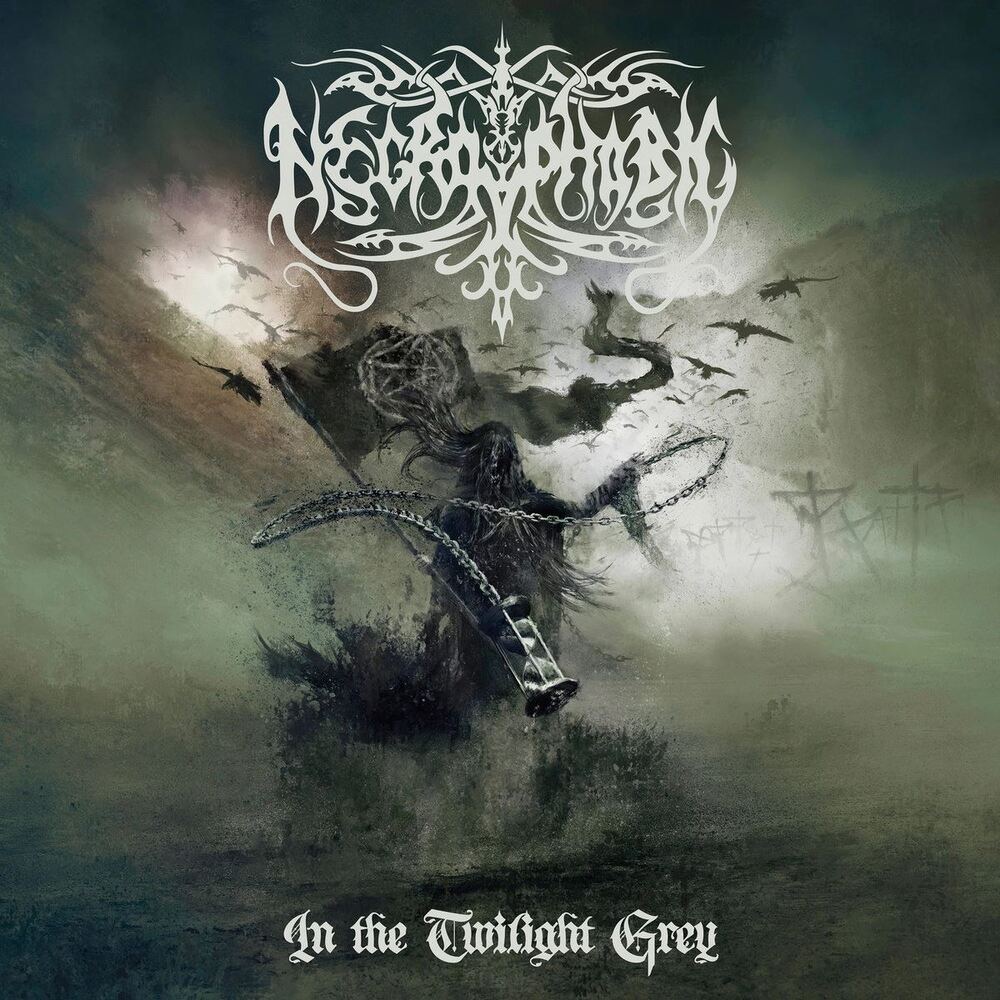 |
Country: USA
Style: Doom Metal
Rating: 7/10
Release Date: 16 Feb 2024
Sites: Bandcamp | Facebook | Instagram | Metal Archives | Official Website | Twitter | Wikipedia
This may be an odd confession to make, but I don't believe that I've ever heard the Obsessed. I've heard their lead singer and lead guitarist, Scott 'Wino' Weinrich, because he fronted Saint Vitus in the late eighties and he appeared on Dave Grohl's overlooked Probot album. However, while he formed this band as far back as 1979, it only released some demos and a single before he joined Saint Vitus. After his time in that band, he reformed the Obsessed but their albums showed up in the early nineties when life was taking over from music for me.
If I ever heard them, it would be the track that was on Metal Massacre VI, but I don't recall it, so I get to finally catch up through their fifth album. The first three came out between 1990 and 1994 and four arrived another split and reformation later in 2017, soon before I started up Apocalypse Later Music. Clearly I need to go back to those earlier albums because I like this, not that it shocks me at all. What surprises me is that it took this long for me to catch up.
Well, there's another surprise in store with the opening couple of tracks, Daughter of an Echo and It's Not OK, because they're perky doom, downtuned but up tempo and I'd somehow got it into my brain that the Obsessed played more traditional doom but with punk influences. Maybe they did. I wasn't there. I like these tracks, though, which do have a punk energy to them but are played with metal precision. That punk energy extends to Wino's vocals, because the perkier a song gets, the more conversational he becomes in his delivery. Not everything adopts that approach here but it returns as an approach in Jailine.
That all changes on Realize a Dream, which starts out aiming to set a mood and shifts into more of a hard rock sound. The tone is the same, but the influence is less Black Sabbath and more the Cult, just slower, as if it's a single played at 33rpm instead of 45. Accordingly, Wino sings this song more than converses with us. Jailine is even more obviously Cult-inspired, with some Danzig in there for good measure and even a hint of Sisters of Mercy in the chorus too. It's all downtuned though and back to perky doom. It's a heady mixture and I like it a lot.
The title track is much slower and more overtly doom, with vocals that start out spoken word and endowing it with an epic wasteland feel. Maybe it and the similarly slow but bouncier Stoned Back to the Bomb Age and Wellspring are what I was expecting from the Obsessed. The former is bleak but the latter slow bounces with Wino returning to conversational vocals, loose but always firmly on point, even throwing in dismissive laughter in Stoned Back to the Bomb Age when the lyrics ask for it. It's not a happy song, raging against politicians.
There's more variety late in the album, with Lucky Free Nice Machine closing out like a hard rock guitar solo. It's only a minute long and it's entirely instrumental, Wino's guitar taking a moment in the spotlight but the rhythm section of doom bolstering him wonderfully. None of them are old time members, though drummer Brian Constantino was on that previous album, Sacred, having joined in 2016. Jason Taylor on rhythm guitar and Chris Angleberger on bass both arrived in 2022. Before it, Yen Sleep goes back to traditional doom, plodding along with just enough bounce to be engaging rather than bleak. It features my favourite guitar solo of any of these songs.
Oddly, though, given how much I like traditional doom and dip happily into funeral doom, most of my favourite songs here are the perky ones, most obviously It's Not OK and Jailine. I'm also fond of Realize a Dream and Yen Sleep, two very different tracks indeed. That means that, while I have finally heard an Obsessed album, I'm not entirely sure which of these sounds is their core one and I really ought to go back and dip into the earlier ones to see where this came from.

















